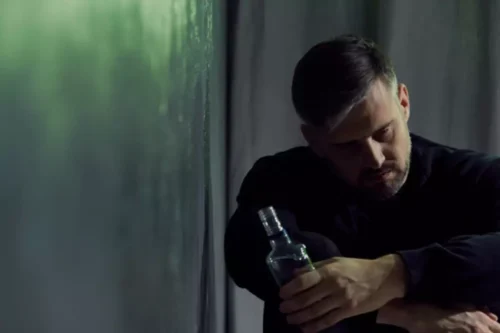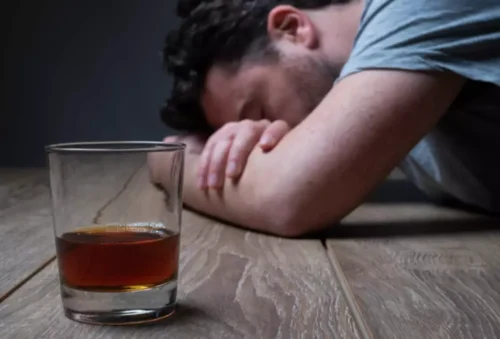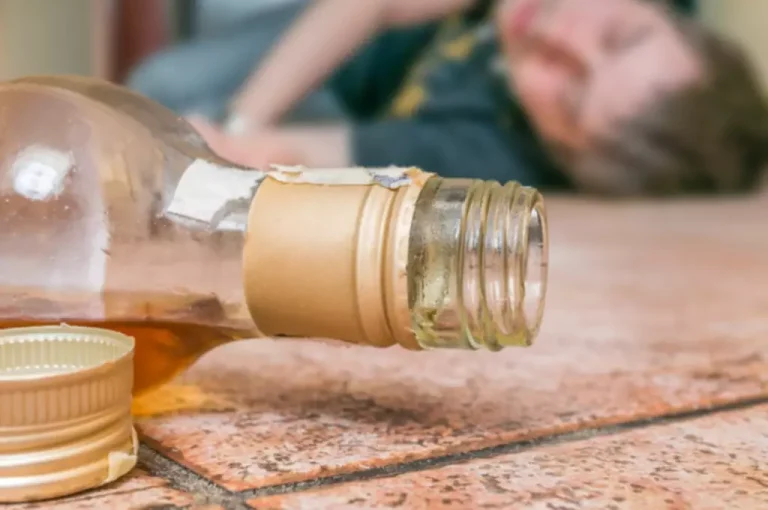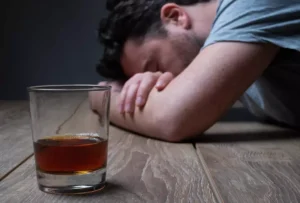
Reach out today to connect with our mental health experts and begin your healing journey. Our residential treatment program is the ideal environment for those looking to take their first step toward an addiction-free life. While you’re there, you’ll be able to rest, recover, and learn how to live of balance and purpose. On top of that, you’re likely feeling less anxiety and are better able to regulate your emotions when life’s hiccups arise.

Better Mental Health
- “When we stop drinking, we can begin to repair some of the long-term effects of alcohol use.”
- Because the liver is a tolerant organ, he said positive changes can occur within weeks of going dry.
- Alcohol can increase your blood pressure and make your heart work harder.
- While alcohol might initially induce drowsiness, studies suggest it can disrupt your sleep cycle, leading to poor-quality rest.
- This huge change in lifespan is due to the numerous medical problems that alcohol can cause.
By this point, most physical withdrawal symptoms should have subsided and you should start to feel less anxious and more positive. After one week without alcohol, your risk of seizures is much less. Also, your risk of developing cardiovascular disease will start to decrease. Alcohol can increase your blood what happens when you stop drinking alcohol pressure and make your heart work harder. If physical symptoms last beyond seven days, they will generally be over sometime in the middle of week two. After the intense physical strain of withdrawal, people will often be fatigued.
- And, assuming you haven’t indulged those craving the past few weeks, you could find your clothes fit a bit looser.
- When you quit alcohol after using it consistently, your body spends about a week to a week and a half adjusting to its absence.
- “Giving your body six months of water absorption will improve your digestion and constipation,” says Dr. Mosquera.
What is alcohol withdrawal?
Lauren is an award-winning registered dietitian, author of three books and all-around lover of good food. Additionally, she manages the Instagram page @LaurenLovesNutrition, where people can receive evidence-based nutrition tips and updates. If you add in costs alcoholism symptoms of drinking in social settings at restaurants, bars, and clubs, the amount might be more. “Again, depends on what the baseline alcohol consumption is,” she said.
Days After Quitting

For those with alcohol misuse and dependence, the conditions are connected to chronic sleep disturbance, lower slow-wave sleep, and more rapid eye movement. On the other hand, if you drink in moderation, alcohol doesn’t affect LDL and instead increases good cholesterol (HDL). Yet the World Health Organization (WHO) states that no level of alcohol consumption is safe for human health. “The benefits can vary from person to person depending on how much of a change from their baseline behavior this is,” Rekha B. Kumar, MD, medical director of the American Board of Obesity Medicine, told Healthline. Alcohol depletes the body of essential vitamins and nutrients that are vital for hair health—like biotin, zinc, and folic acid. Biotin supports keratin production, zinc helps maintain healthy oil glands, and folic acid facilitates cell turnover and the regeneration of hair follicles.
- When your gut microbiome is thrown out of whack, you may experience more direct digestive woes (stomach aches, bloating, gas, pain).
- Just being dry for 1 month and going back to drinking in excess is a bad idea.
- One of the most noticeable benefits of quitting alcohol is the improvement in liver function.
- Although it can help some people fall asleep, alcohol is known to significantly impact someone’s quality of sleep.
- If you or a loved one is in need of an alcohol detox program, reach out to Wellbrook Recovery today.
With that caveat in mind, let’s examine an approximate breakdown of what happens at longer-term milestones along the quitting alcohol timeline. It’s why you feel extra jumpy and anxious after a night of heavy drinking (i.e., hangxiety). Withdrawal happens because your brain gets used to the depressive effects of alcohol.


